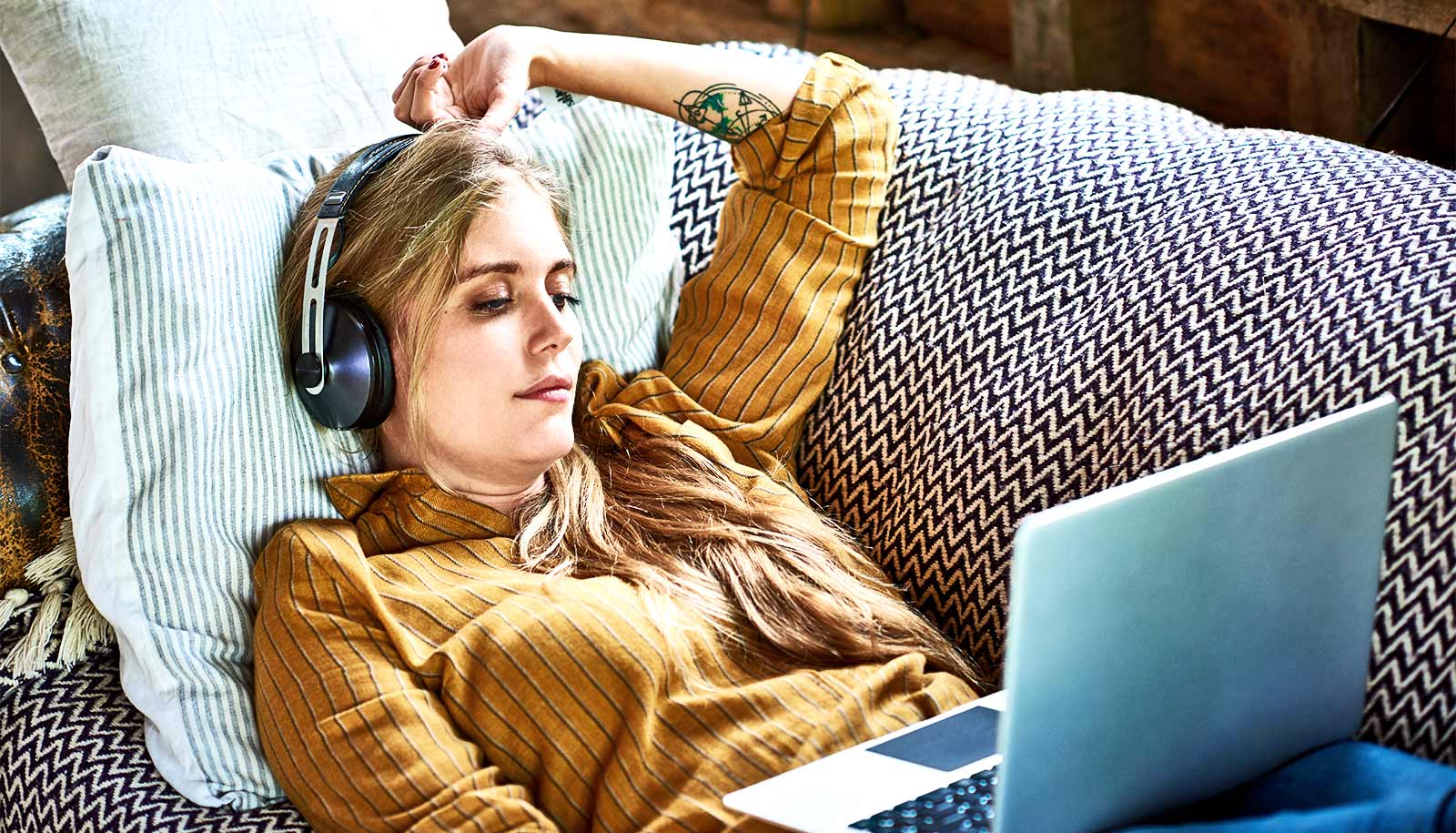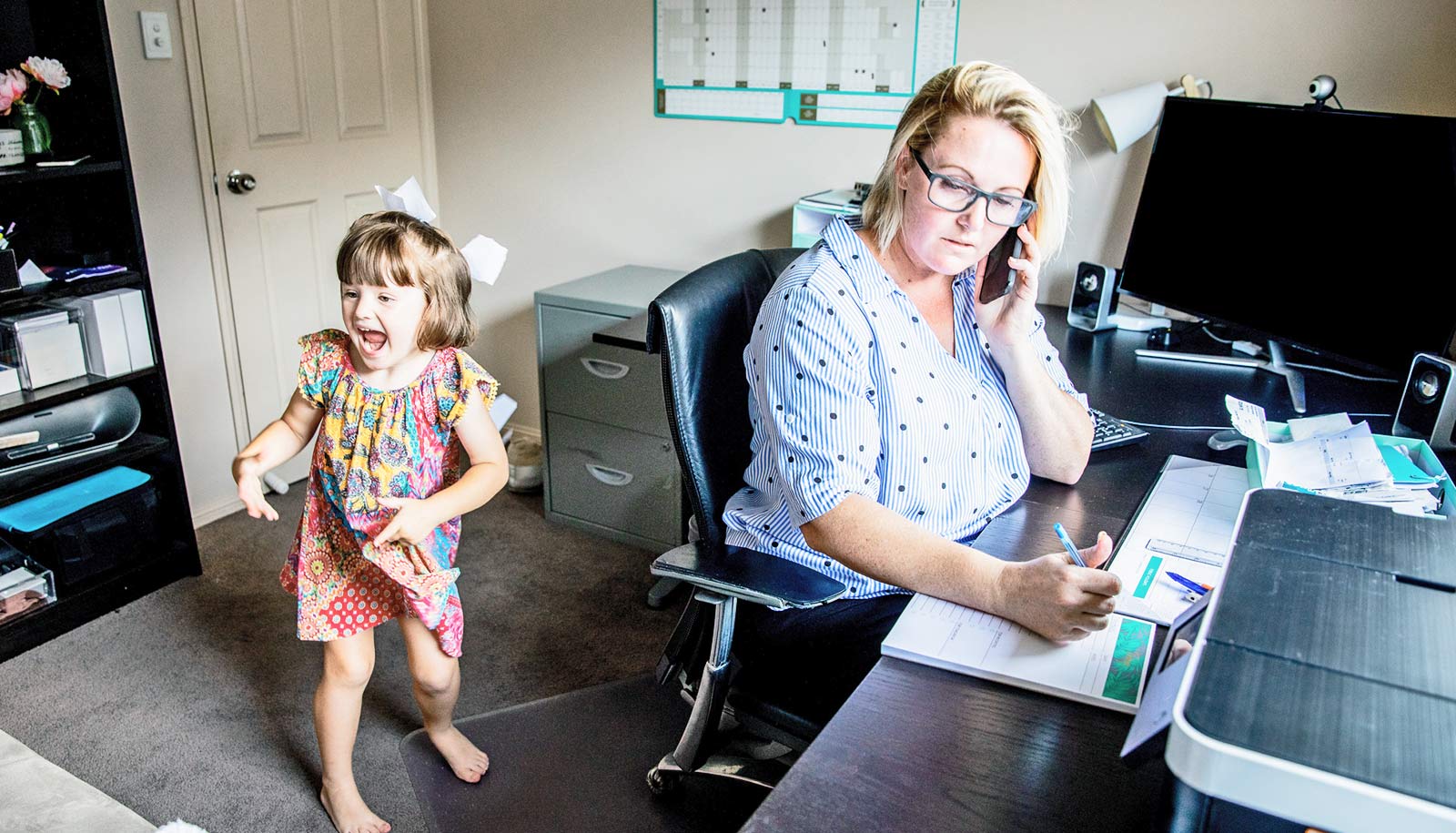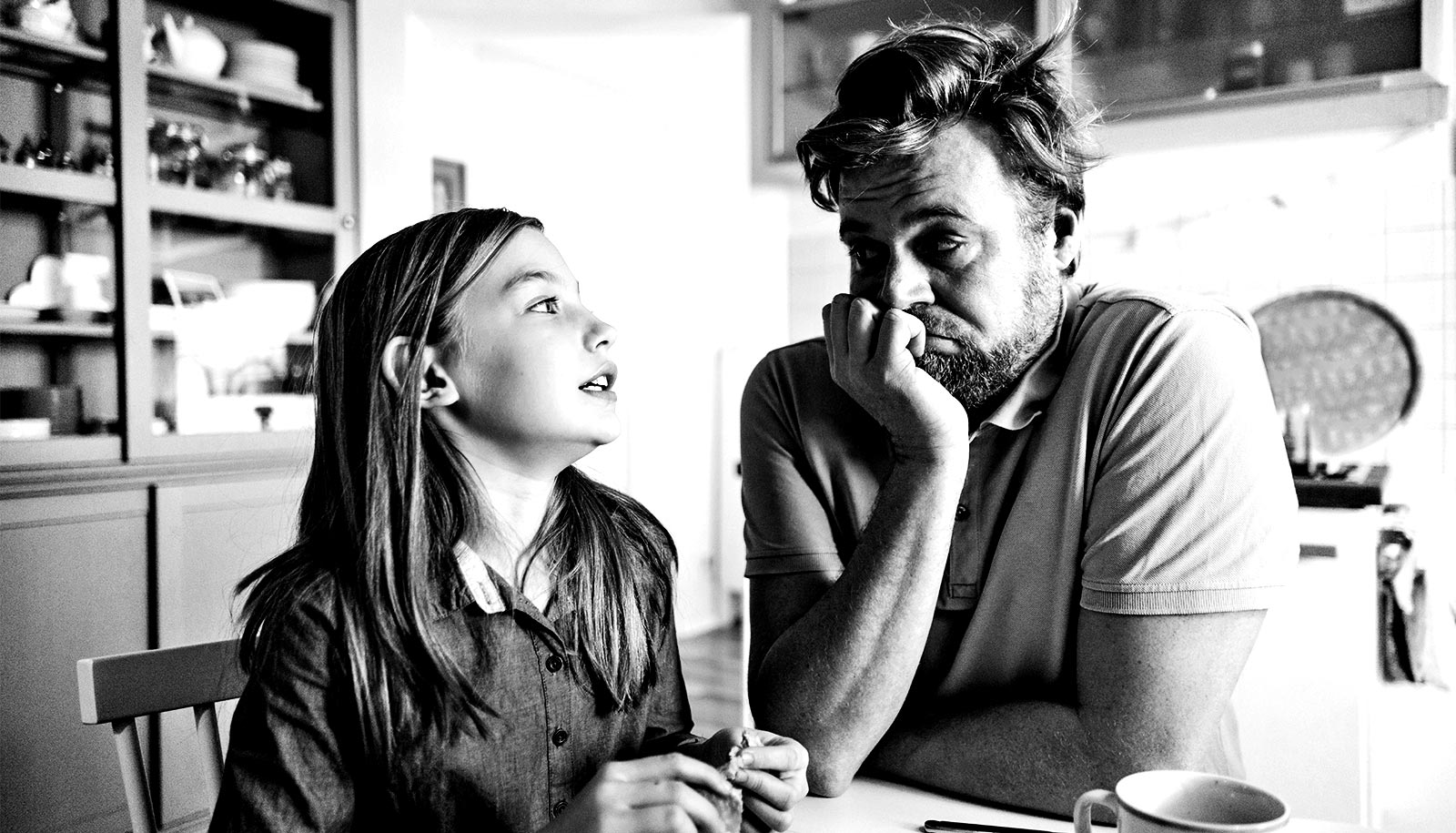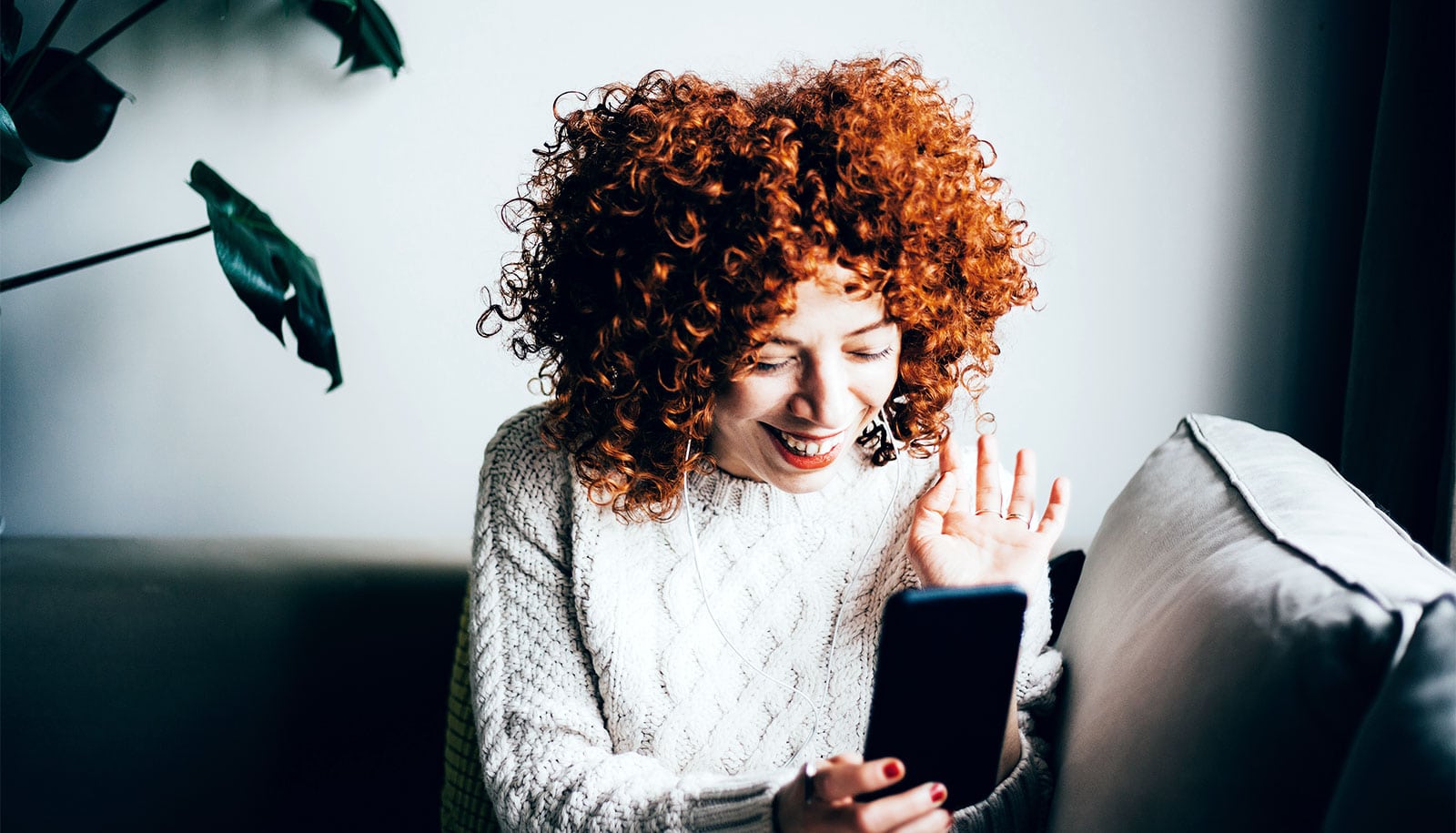Despite memes suggesting that social distancing is an introvert’s paradise, it’s really not that simple, a psychologist argues.
While it’s true that introverts may be more accustomed to—and comfortable with—spending time alone, both introverts and extroverts need human interaction for their health and well-being, says Matthias Mehl, a professor and director of the Naturalistic Observation of Social Interaction Laboratory in the psychology department at the University of Arizona.
“Indeed, introverts have—on average—fewer social interactions, and extroverts have—on average—more interactions,” Mehl says.
“From that perspective, social distancing creates more of a challenge for extroverts because it’s harder for them to get the large number of social interactions they typically have. But in no way is it ‘business as usual’ for introverts.”
Introverts and social distancing
Since extroverts might be more flexible than introverts in the way they seek out social interaction—reaching out via phone or social media, for example—they might actually be in a better position while following public health advice to practice social distancing in an effort to slow the spread of COVID-19, Mehl says.
“I think it is very important to reach out to others and to request help and support, and this may be more challenging for the introverts.”
“We find in scientific data that extroversion is reliably correlated with receiving more social support, and we think this is because extroverts have an easier time reaching out to others, saying they need help and support,” Mehl says.
“From that perspective, extroverts may actually have an edge in social distancing. I think it is very important to reach out to others and to request help and support, and this may be more challenging for the introverts.”
Mehl’s previous research has shown how important human interaction is for health and well-being, regardless of whether a person considers himself or herself an introvert or extrovert—and most people are some combination of the two rather than clear “types,” he notes.
“We find that the more conversations people have, the happier they tend to be,” Mehl says. “In terms of well-being, introverts and extroverts run on the same social fuel.”
Mehl says it’s especially important for people to stay socially connected in stressful times, like the one we’re in now.
“We were able to do some research on September 11 showing that, in stressful times, a particularly strong need for social connection exists; you want to connect with others, you want the comfort of being around others,” he says. “On September 11, you could physically do that. This pandemic is a different situation, but the need is still real, and finding creative ways to fulfill it is very important.”
Mehl says he thinks the term “social distancing” is a regrettable choice of words to describe what the public has been asked to do to slow the spread of COVID-19.
“We might have unfortunately decided to call the public health intervention ‘social distancing,’ but the active ingredient is physical distance, not social isolation,” Mehl says.
“I am concerned that the label on the package can influence how people think about the remedy. It is absolutely essential in these times to socially engage and seek out interactions—just not in physical proximity to others.”
Alone together
When we can’t interact face to face, tools like social media, text messaging, and good old-fashioned phone calls become increasingly important, Mehl says. Therefore, peoples’ level of comfort with those sorts of communication channels might be more important than whether they are more introverted or extroverted.
Mehl says the change in the way people are now interacting presents a unique opportunity to see how introverts and extroverts might behave differently in virtual, versus face-to-face, interactions.
“Much of what we know about extroversion and introversion is based on real-world, in-person interactions,” he says. “We don’t really know a lot about extroversion and introversion in virtual interactions, so to me an interesting question is: ‘How does personality play out when you take away in-person interactions and the primary way we have interactions is virtual?'”
This might also be an ideal moment for social media to redeem itself, after getting a pretty bad rap over the last decade, Mehl suggests.
“There are lots of news articles and discussions about how social media and text messaging take away the humanness of interaction and alienate us from each other and drive us straight into loneliness,” he says.
“I’m not saying that that’s wrong, necessarily, but whether we want it or not, online social media is the medium of choice right now to interact.
“It really is part of the cure; if we want to have social interactions, we have to have Zoom (videoconferencing) parties, we need to talk to our to our friends over Skype or texting. So, I think there’s a huge potential right now in rethinking what social media does. We sometimes think of it as society’s curse, but I think it’s also, at least in these times, society’s blessing.”
Source: University of Arizona



